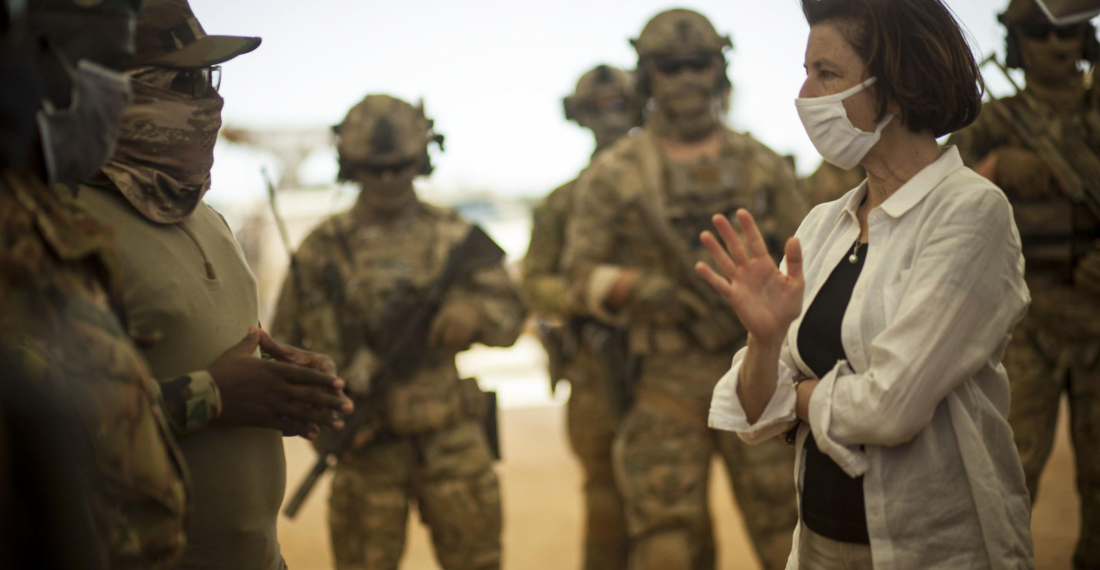On Wednesday (16 June), the French Armed Forces reported the capture of "one of the high-ranking members" of the jihadist group, the Islamic State in the Greater Sahara (ISGS), Dadi Ould Chouaib – better known as Abou Dardar.
Through their Twitter profile, the French Armed Forces indicated on Wednesday that Abou Dardar was arrested within the framework of a joint operation of a Barkhane patrol and the Niger Armed Forces on 11 June in the Liptako region, between Niger, Mali and Burkina Faso – the main epicenter of jihadist activity.
According to the French authorities, Dardar, who was one of the leaders of the Movement for Unity and Jihad in West Africa (MUJWA) – some high-ranking officials of which created the ISGS – is "suspected of having mutilated three men on 2 May during the weekly market in Tin Hama,” in northern Mali.
Additionally, the authorities stressed that he was detained "without resistance" and was carrying "an automatic weapon, a night vision telescope, a combat vest, a telephone and a radio".
This intervention follows the death of a commander of the Islamist militant organisation, Al-Qaeda in the Islamic Maghreb (AQIM), killed on 5 June by the Barkhane force of the French Army in Mali. Thus, Chouaib’s arrest represents another success for France’s recently adopted policy of targeting the leaders of jihadist groups in the region.
French President Emmanuel Macron announced on 10 June a "profound transformation" of France’s military presence in the Sahel, which also includes the imminent drawdown of Operation Barkhane. Launched in 2014, Barkhane has been a basic pillar of French strategy in a region marked in recent years by growing insecurity.
On 11 June, the French defence minister, Florence Parly, said that the authorities are not changing their objective, “which will continue to be the fight against terrorism”.
Mali and other Sahel countries have been registering an increasing number of jihadist attacks in recent years, both by the Al Qaeda affiliate in the region and the Islamic State, which has also increased inter-community violence and caused displacement of tens of thousands of people.






